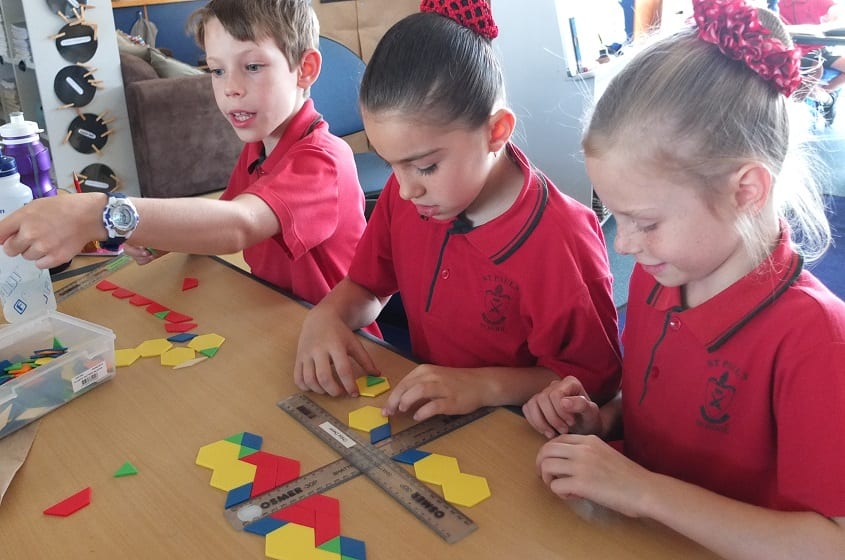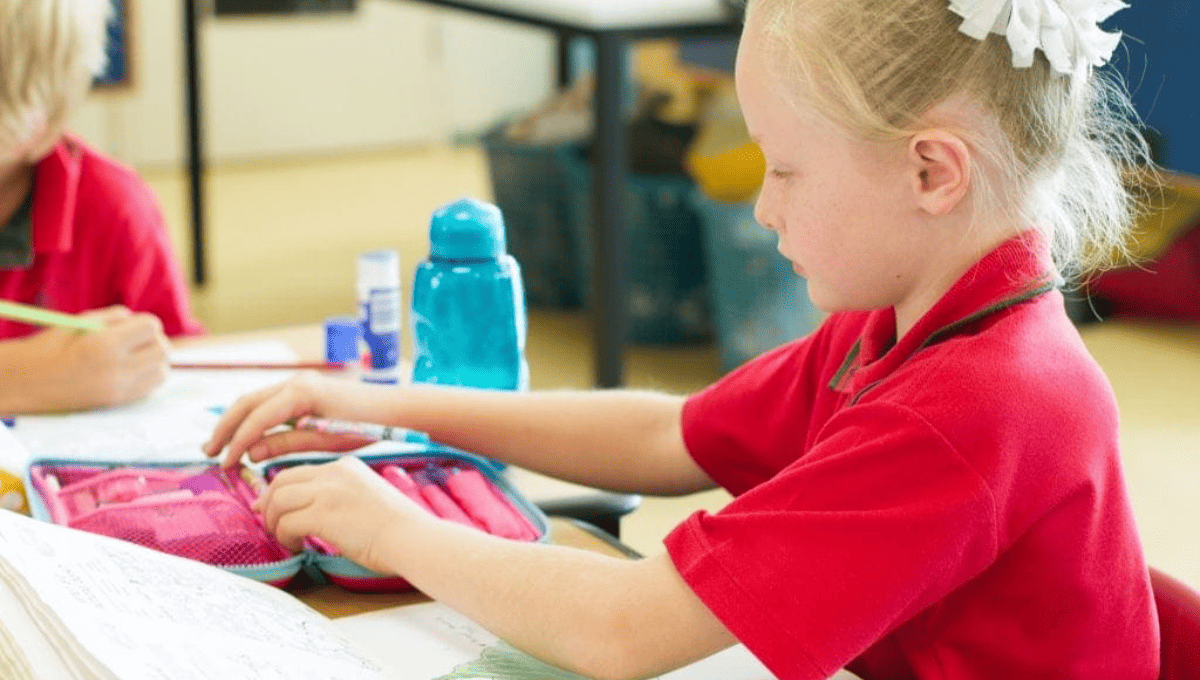Year 3 NAPLAN is the first time that you child will encounter standardised, national testing in their school career – but what is NAPLAN? What is the point of NAPLAN and how can you, as a supportive parent help them succeed?
Find out right here!
What is Year 3 NAPLAN?
NAPLAN can be described as “a measure through which governments, education authorities, schools, teachers and parents can determine whether or not young Australians are meeting important educational outcomes in literacy and numeracy.” (www.nap.edu.au)
When is Year 3 NAPLAN this year?
NAPLAN is a national assessment program conducted annually (in 2023 it takes place in March) in Grade 3, 5, 7 and 9.
All students across the nation in these year levels participate in tests in reading, writing, language conventions and numeracy. These tests provide parents and schools with an understanding of how individual students are performing at a point in time. Brisbane Schools also are able to evaluate how their educational programs are working and then able to make decisions on what areas need improvement and priority.

How Schools use Year 3 NAPLAN
Schools use NAPLAN information to help refine their practice and identify individual needs. They adjust programs to cater for areas that need prioritising and develop individual programs that will support the needs of students.
School should not plan their curriculum with the NAPLAN assessment in mind. They usually teach students test ‘wiseness’. Schools mostly believe the best way to develop and support students’ literacy and numeracy skills is to give them a rich curriculum focussing on reading and writing and using mathematics in a variety of ways.
This will enable them to build the skills that are required for NAPLAN, but more importantly as a basis for further learning.
Students need enough practice with tests to ensure they are familiar with the form of testing. Beyond that, test practice is a waste of time.
6 ways parents can help with NAPLAN tests
Know which test are on which days:
| Year | Day 1 Wednesday | Day 2 Thursday | Day 3 Friday |
|---|---|---|---|
| Year 3 | Language conventions: 45 minutes Writing: 40 minutes | Reading: 45 minutes | Numeracy: 45 minutes |
| Year 5 | Language conventions: 45 minutes Writing: 40 minutes | Reading: 50 minutes | Numeracy: 50 minutes |
| Year 7 | Language conventions: 45 minutes Writing: 40 minutes | Reading: 65 minutes | Numeracy: 65 minutes |
| Year 9 | Language conventions: 45 minutes Writing: 40 minutes | Reading: 65 minutes | Numeracy: 65 minutes |
- Keep routines – make sure children get plenty of sleep and a good breakfast on the day of the testing.
- Teach helpful thinking – encourage them to believe they can do it. Help them to say ‘I’ll give it a go”.
- Clear expectations – talk through what will happen, how long they will work for, and that they will get a break.
- Encourage confidence – for example, encourage them to look through the paper and complete the questions they know they can answer first.
- Discuss feelings – encourage the children to discuss how they feel. Listen with empathy so they feel understood and know their feelings are normal.
- Most of all have a positive parent attitude that shows you believe in your child – children take their cues from the adults around them.
How to help an anxious kid with NAPLAN

It is normal for kids to feel anxious in the lead up to the NAPLAN exams. How anxious they are will be dependent on a variety of factors including:
- how the school handles NAPLAN
- how their peers handle NAPLAN
- whether or not they are usually anxious by nature
- how their parents handle the lead up to the exams
Statistically, about 6.9% of all children and adolescents (an estimated 278,000 Australian children) aged 4-17 years are considered to suffer from an anxiety disorder. This means that anxiety disorders make up half of all mental health presentations for Australian children in this age group. Here’s how parents can help anxious kids.
What Year 3 NAPLAN isn’t:
- It isn’t the only aspect of a school’s assessment and reporting process.
- It doesn’t replace the extensive ongoing assessment that teachers conduct to give them information about a student’s performance.
- It shouldn’t define a student as it is only “a piece of the puzzle” at a point in time.
- It shouldn’t be used as the curriculum. Students should not be given excessive test practice as teaching the test narrows the students’ experiences and learning.
Valuable things about your child that Year 3 NAPLAN exams cannot measure:
- Creativity
- Honesty
- Integrity
- Values
- Kind-heartedness
- Determination
- Adaptability
- Compassion
- Loyalty
- Sincerity
- Dependability
- Imagination
Read more about NAPLAN
We have these informative guide for each NAPLAN grade:
- Year 5 NAPLAN
- Year 7 NAPLAN
- Year 9 NAPLAN
This article was published in Issue 8 of our print magazine, February/March 2015.

